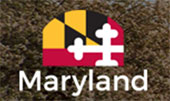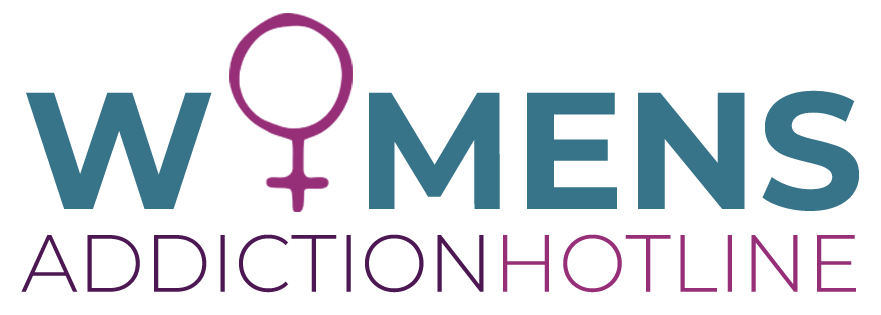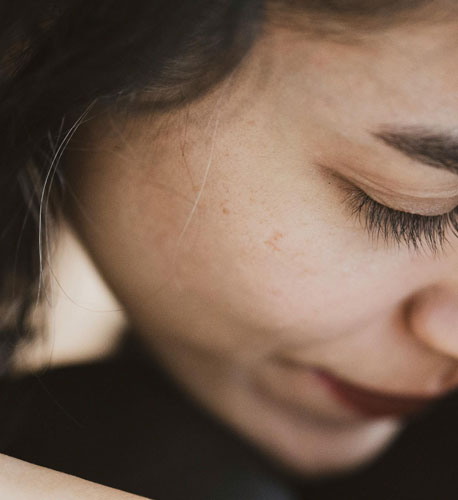Maryland Women’s Addiction Hotline
Maryland Women’s Substance Abuse Hotline
Maryland Women’s Drug & Alcohol Abuse Statistics
Substance abuse is a significant issue among women in Maryland, with rates of illicit drug use and prescription drug misuse on the rise[1]. According to the National Survey on Drug Use and Health, in 2019, approximately 17% of women in Maryland reported using illicit drugs or misusing prescription drugs within the past year[2]. Furthermore, rates of substance abuse are particularly high among women with binge-eating disorder or bulimia nervosa, with studies showing a correlation between these disorders and increased rates of substance abuse[3]. In 2021, opioid overdose deaths accounted for 90% of all drug overdose deaths in Maryland[4]. The state has also seen a significant increase in the prevalence of non-medical prescription drug use, with studies showing that women are more likely than men to misuse prescription drugs[5]. Additionally, alcohol misuse remains a significant issue among women in Maryland, with rates of binge drinking and heavy alcohol use exceeding national averages[5].
Substance abuse among women in Maryland affects individuals of all ages and backgrounds[6]. However, certain demographics may be more vulnerable to substance abuse, including women who have experienced trauma, those with co-occurring mental health disorders, and those who lack access to healthcare and support services[7]. Additionally, women who live in poverty or who have experienced discrimination or social marginalization may be at an increased risk of substance abuse[8]. Addressing these underlying societal issues is crucial to reducing rates of substance abuse among women in Maryland and promoting overall health and well-being.
The impact of substance abuse on women in Maryland
Substance abuse can have severe physical and mental health consequences for women in Maryland[4]. The negative effects of drug misuse can vary by drug and include heart attack, stroke, psychosis, and death[9]. Women who struggle with substance abuse may also experience mental health disorders such as depression, anxiety, and post-traumatic stress disorder[10]. Additionally, substance abuse during pregnancy can lead to adverse health outcomes for both the mother and the child.
References
1. Pages – Women_Substance_Prevalence… from health.maryland.gov
2. 2019 National Survey on Drug Use and Health (NSDUH) …. from www.samhsa.gov
3. Substance Abuse in Women – PMC…. from www.ncbi.nlm.nih.gov/pmc/articles/PMC3124962/
4. Mental Health and Substance Use State Fact Sheets… from www.kff.org
5. Maryland (MD) | CBHSQ Data… from www.samhsa.gov/data/report/maryland-md
6. National Survey on Drug Use and Health (NSDUH)… from www.samhsa.gov
7. Substance Use in Women Research Report: Summary | NIDA… from nida.nih.gov
8. 2018 National Survey on Drug Use and Health (NSDUH) …. from www.samhsa.gov
9. Explore Illicit Drug Use – Women (18-49) in Maryland | AHR… from www.americashealthrankings.org
10. Results from the 2019 National Survey on Drug Use and …. from www.samhsa.gov

Women’s Substance Abuse Treatment Resources Maryland

Maryland Government Dept of Health Substance Abuse
Maryland Government Dept of Health Substance Abuse. Organized in July 2008 as Behavioral Health and Disabilities, Behavioral Health adopted its present name in October 2014 (Chapter 539, Acts of 2014). Formerly Behavioral Health had been headed by a Deputy Secretary responsible for three administrations: Alcohol and Drug Abuse; Developmental Disabilities; and Mental Hygiene. However, in July 2014, the Alcohol and Drug Abuse Administration merged with the Mental Hygiene Administration to form the Behavioral Health Administration (Chapter 460, Acts of 2014), and, in October 2014, the Developmental Disabilities Administration separated from Behavioral Health (Chapter 539, Acts of 2014).
Maryland Government Dept of Health Office of Treatment Services
Maryland Government Dept of Health Office of Treatment Services. The Office of Treatment Services (OTS) is an integrated system of behavioral health treatment and services that are available and accessible to individuals experiencing substance-related disorders, and is responsible for the planning, design, development, implementation, and monitoring of effective community-based behavioral health treatment services statewide. This includes the design, development, and implementation of specialized, culturally sensitive, and responsive initiatives to address the needs of individuals with mental health, substance-related, or co-occurring mental health and substance-related disorders, and individuals who are deaf and hard of hearing or are at risk for chronic somatic health conditions. Individuals who are at risk for chronic somatic health conditions are enrolled in the Medicaid Behavioral Health Home Initiative.

Maryland 211 Help and Treatment for Substance Use and Addiction
Maryland 211 Help and Treatment for Substance Use and Addiction. Find Help and Treatment for Substance Use and Addiction. Search for Substance Use Counseling, Help is available if you or someone you know is addicted to drugs or another substance. Getting help is the bravest thing you can do. Connect with 211 so you can get the resources needed for recovery: Call 9-8-8 for crisis support with substance use or mental health. You can also chat online in English or Spanish. Learn more about 988 in Maryland. Search for substance use providers. The state’s comprehensive substance use database, powered by 211, allows you to filter services by concern, payment type, age, language and ZIP code.

Maryland Daniel Carl Torsch Foundation Substance Use Addiction Support
Maryland Daniel Carl Torsch Foundation Substance Use Addiction Support. The Daniel Carl Torsch Foundation is a community based non profit organization, serving and supporting individuals and their families that are struggling with substance use, addiction and in need of mental health resources. We are dedicated to offering charitable aid for treatment and recovery for low-income adults, as well as community harm reduction services, overdose prevention and response programs.
Addiction Connections Resource Maryland Treatment and Recovery
Addiction Connections Resource Maryland Treatment and Recovery. ACR is a 501(C)3 grassroots, nonprofit organization established in 2001. ACR primarily serves Harford County, Maryland. While its focus remains on Harford County ACR recognizes that the devastation of addiction is not limited by geographical boundaries. ACR was established in response to the emerging heroin and drug crises in Harford County. Since then, ACR has connected and continues to connect to treatment and recovery services for people in addiction and their families. ACR serves as an advocate to improve public policies and services for those involved with substance use disorders.

Voices of Hope Addiction Recovery Support in Maryland
Voices of Hope Addiction Recovery Support in Maryland. Voices of Hope, Inc. is a 501(c)3 non-profit recovery community organization made of people in recovery, family members and allies who support recovery throughout Maryland, but primarily in Cecil and Harford Counties. Voices of Hope’s mission is empowering lives and fostering recovery. Our non-profit is dedicated to supporting individuals and families facing substance use disorder. Through compassion, education, and community engagement ,we strive to break the chains of addiction promoting a healthier brighter future for ALL! Our vision is a world where everyone affected by substance use disorder finds hope, healing, and a supportive community.

